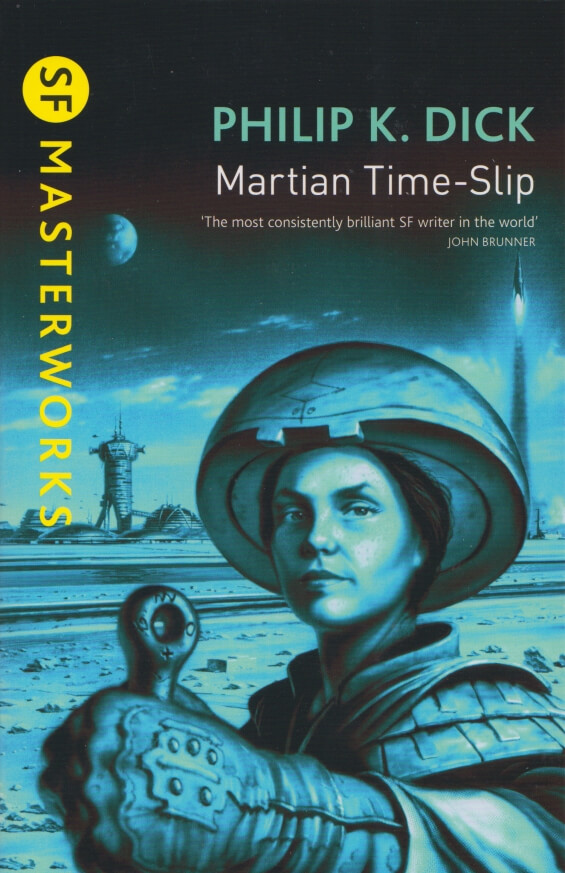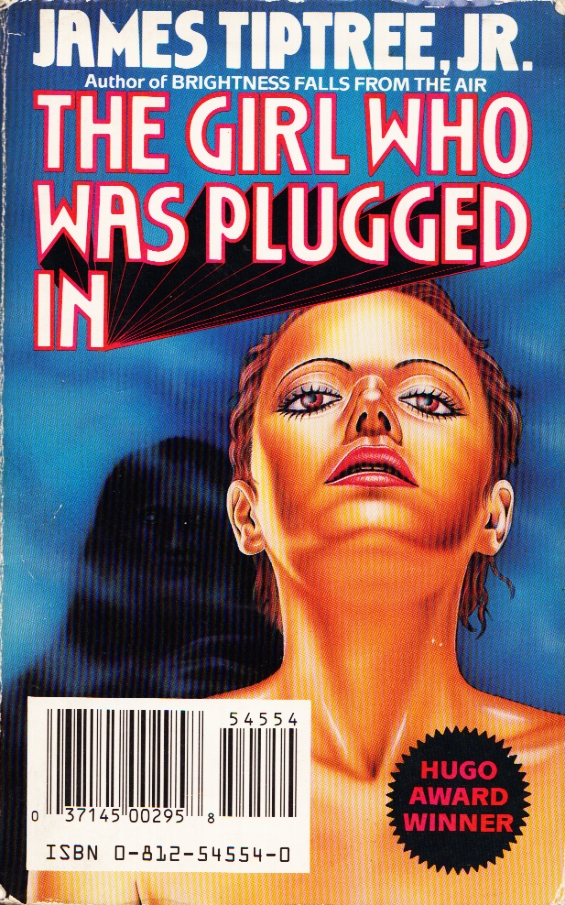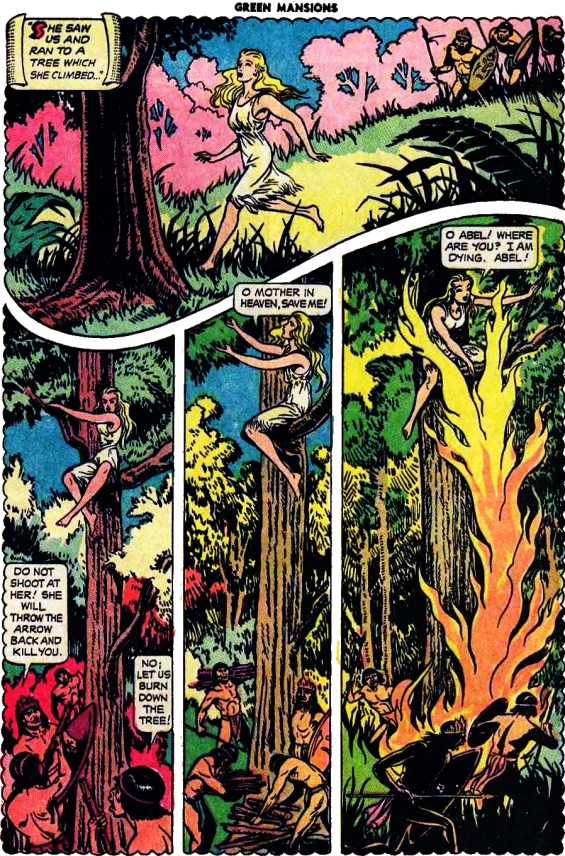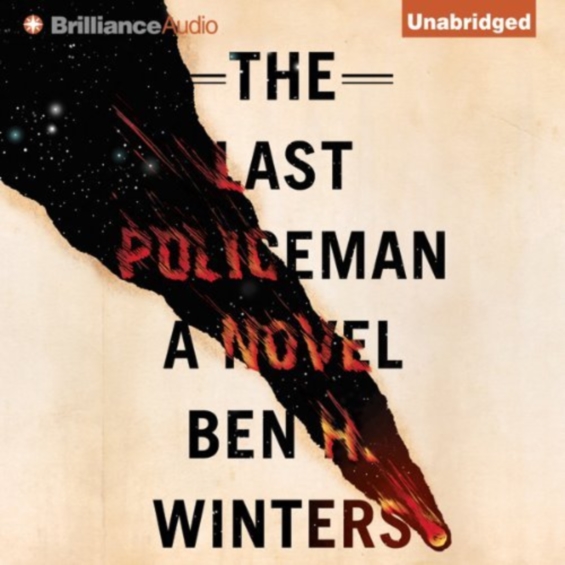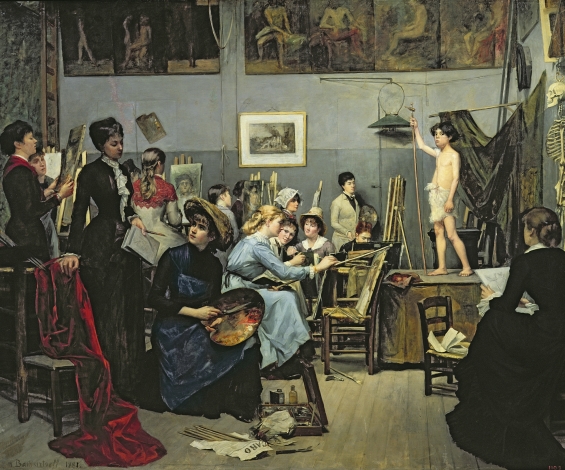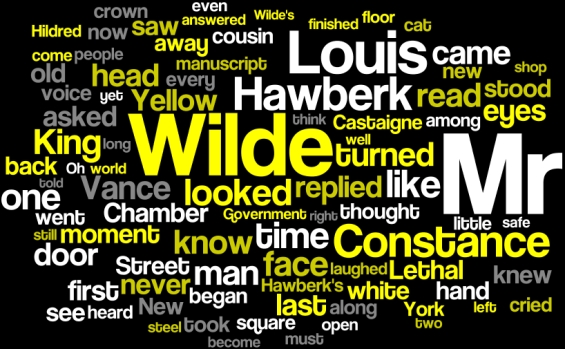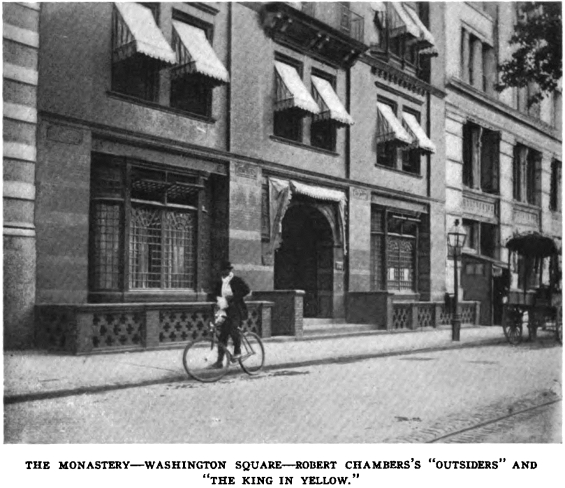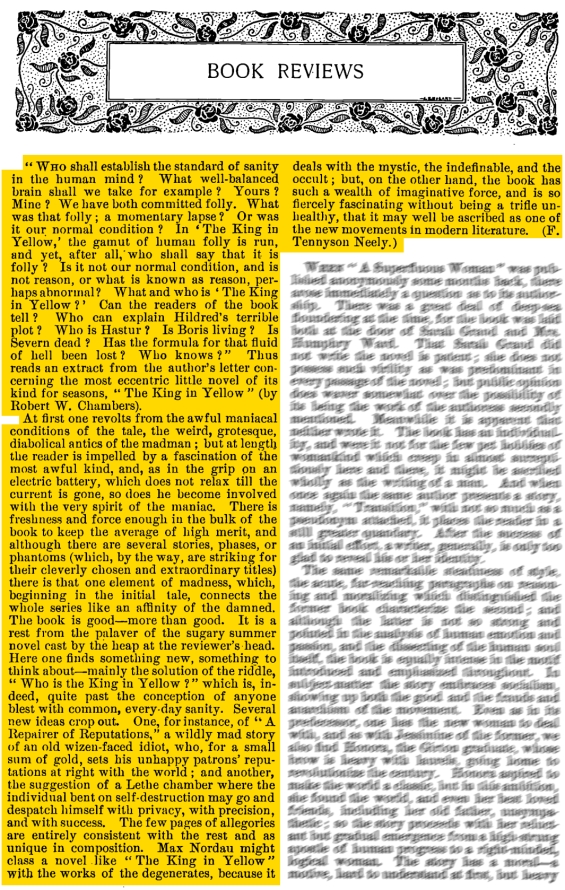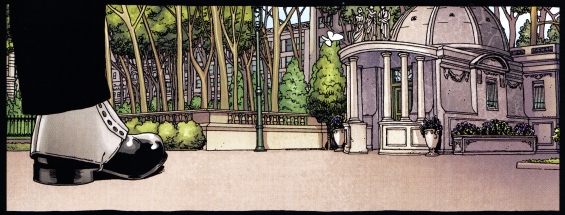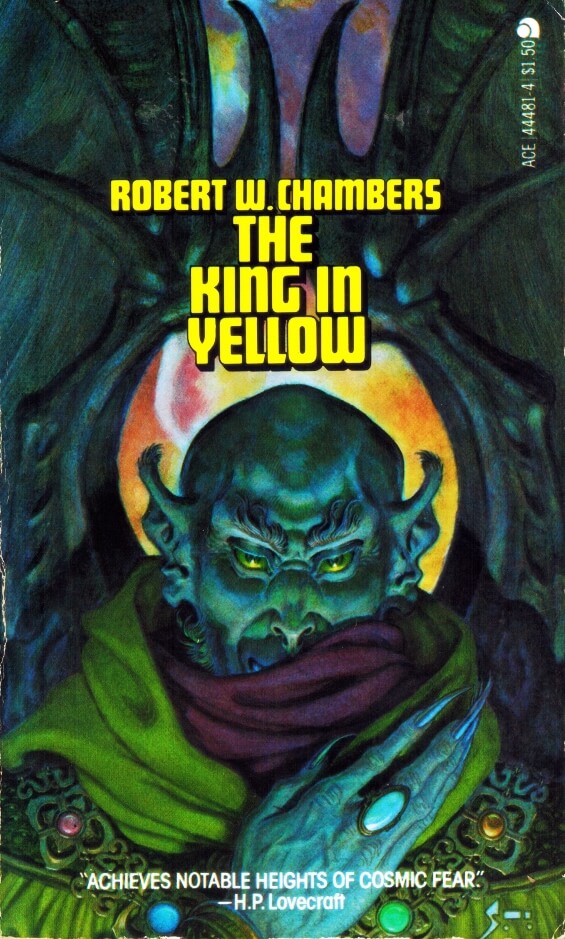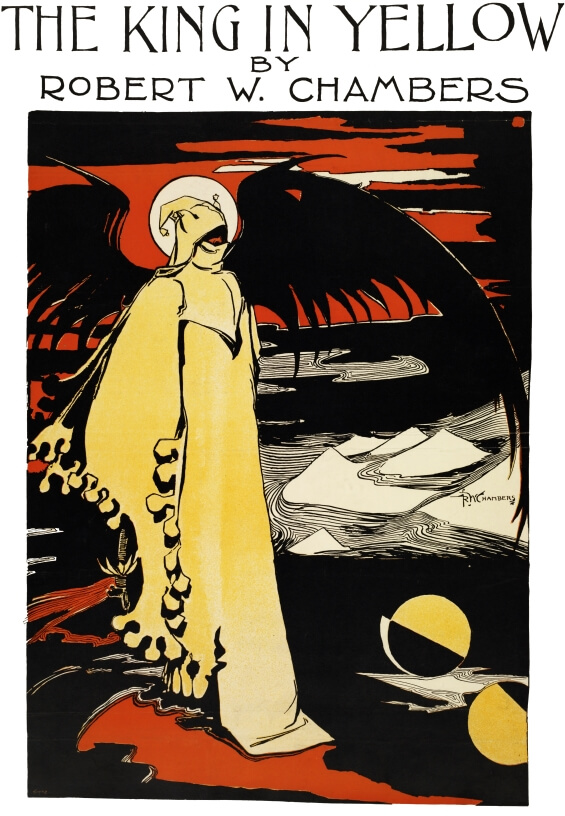
 The SFFaudio Podcast #344 – Jesse, Paul, and Marissa talk about Now Wait For Last Year by Philip K. Dick
The SFFaudio Podcast #344 – Jesse, Paul, and Marissa talk about Now Wait For Last Year by Philip K. Dick
Talked about on today’s show:
1966, in the high end, if you want to know what Philip K. Dick writes, it has everything, interplanetary, pretty-earthbound, marriage issues, resonances with other novels, Eric Sweetscent, a nice Dick protagonist, touchy relationship stuff, “misogynist”, he loves women too much, his “headbasher”, The Search For Philip K. Dick, when he was ending their relationship, impotence, psychoology, a husband-father formula, a teenage alternate girlfriend, Eric is so sweet and so sympathetic, an evil bitch destroying the relationship, sympathetic and pathetic, addiction, JJ-180, drugs, time travel, the robot goes with her, robants, the secret service agents, the bill collector robant, the cab robant, “Sir, we’re not allowed to get married”, the robant that wants a bribe, Total Recall, the secretary with the fingernails that change colour, nude breasts with dye and sparkles, a decorative secretary, We Can Remember It For You Wholesale, Blade Runner, wheels, a confusing start, using amoebas to make stuff?, Wash30 = Washington 1930, the Philip K. Dick Fans site, none of this stuff is possible, the print amoeba, really cool writing, “in bed alone”, potent spirits of the past, a graveyard, describing space, is Cheyenne underground?, writing Wyoming again, NORAD?, dialogue vs. description, a nice state capital, “he was enjoying the sight of her dressing”, Lillistar’s secret police, creepy, the Reegs, Gino Molanri, a single medal on his uniform, that’s Hitler!, Gino Molinari is Mussolini, the Earth is Italy and the Star Men are the Nazis, Mussolini is not Hitler, the first fascist dictator, Rimmer from Red Dwarf, not racism but power and glory, when the Americans and the Canadians and the British invade Italy, the soft underbelly of Europe, why Molinari is getting sick, Mussolini’s alpine prison, Otto Skorzeny, rescue/liberate, “Hey, Hitler!”, Molonari is a smart Mussolini, the Reegs are nice, we look like the star-men but we have more in common with the reegs, Tony And The Beetles, telepathic females, one of the weirdest Philip K. Dick stories, a weird ending, the racist father, a frightening story, The Father-Thing, Hansel and Gretel without Gretel: The Cookie Lady, a really creepy story, a quasi sequel or a dry run for Now Wait For Last Year, the same themes, grapefruit sized baseball heavy plastic brains, the lazy brown dogs, the Martian print amoeba, from another Dick story, Colony and Beyond Lies The Wub, attacks by microscopes and towels, “I trusted the rug completely.”, camouflage aliens, when Cathy has her first trip, the history of their tech, matching furs, Virgil, he destroyed the fur industry, killing amoebas is ok?, the fur bearing animals are saved, “furs, that’s the best thing you can think of to do?”, Do Androids Dream Of Electric Sheep?, monad lazy brown dogs, “The quick brown fox jumps over the lazy dog”, are they dog brains?, fur is not alive in the first place, brains are plastic, both meanings, non-living brains, half a cent, so sweet, super sweet, their attacking each other, animal nature, they are as much alive as we are, their god is black, Himmel = heaven, the martian bat guano business, Molan-air-e, Wash-35, collecting stuff, authentic artifacts, The Thirteenth Floor, and Eye In The Sky, Time Out Of Joint, artificial towns, recreated towns, recapturing youth, a rich person’s game, Pitts39, the robant was lying… wasn’t it?, who is the liar?, strange and weird, a similar character in Do Androids Dream Of Electric Sheep?, a flawed god, his unsightly body, shambling, a pathetic figure, it does something to the whole book, first the book takes the shape and then at the end it is fixed, there’s a little animal at the end of Do Androids Dream Of Electric Sheep?, all this ersatz, Jonas, as dead as a robant, suicide, Tijuana, the absurdity of their jobs, seeing to it that factory-rejects got their place in the sun, “I love this stuff”, strong resonances, Wash35 is a 135 year old man recreating a frozen moment in time, time is NOT frozen, Dick has it every which way, “do you object to a stereotape…”, the orchestra isn’t there, all you possess is 1,200 feet of iron-oxide tape, we live with illusion daily, The Iliad is as much a fake as the robant children trading stamps, old-age making its dread appearance, “have an affair with me doctor”, The Cosmic Puppets, set in Virginia, Dick recreating his childhood, remembering the details, alternate presents, a cloud of possibilities, Tijuana Fur and Dye, “Mrs. Sweetscent, sweetheart”, when Cathy destroys the comedian recordings, Dick’s got some awesome recording…, by the way about that American Weekly with that article on the Sargasso Sea…, the Hearst newspapers, an empty cigarette package, antiques are the mcguffin for The Man In The High Castle, he’s right! we don’t live in the present, tweeting dreams, the internet is more reliable than the sun, it’s always on, the internet never goes off, we are living in a weird illusionary reality, when Cathy gets Korsakoff’s syndrome, all these elements that almost completely come together, the gel doesn’t completely set, there’s so much love for Cathy, the robot says he’s a good man, getting into the female character’s mind, he’s a boob man, so much empathy for people, hate and spite, she’s so mad, a movie star named Marm, the microwave dings, my purpose is to make your life a living hell, “good luck with that”, totally re-readable, I would love it again, we had no idea, what is with Molinari getting diseases from his staff?, his zipper was open, he kills people, we don’t know what’s true about him, he’s using his diseases, pulling a sick-day to avoid meetings, a plot device, sympathy pains, hypochondria, empathizing, the uber-empathizer, Bill Clinton felt your pain, literally, JJ-180 is the main character of this book, playing rope-a-dope with the Star-men, brain-freeze, Lord Kalvan of Otherwhen, Starman (1984), Return To Lilliput, every toddler’s dream, the war like Lilliputians, little Napoleons, we’re getting pushed around by little tiny people, taking slave labour from Earth, so we can win this war, whether the illnesses are real or not they are a great strategy, you can’t have Italy fighting on your side unless you’ve got Mussolini, Molinari is finding the middle ground, admirable, thinking the way Nixon is thinking in the Vietnam War, as we re-experienced with Iraq and Afghanistan, slow or fast peeling a band-aid, a self inflicted wound, an exploratory examination, “Molinari you are awesome”, Molinari is the hero, he saves Eric Sweetscent, so many good resonances, thinking while listening, why this isn’t the best ever Philip K. Dick novel ever.
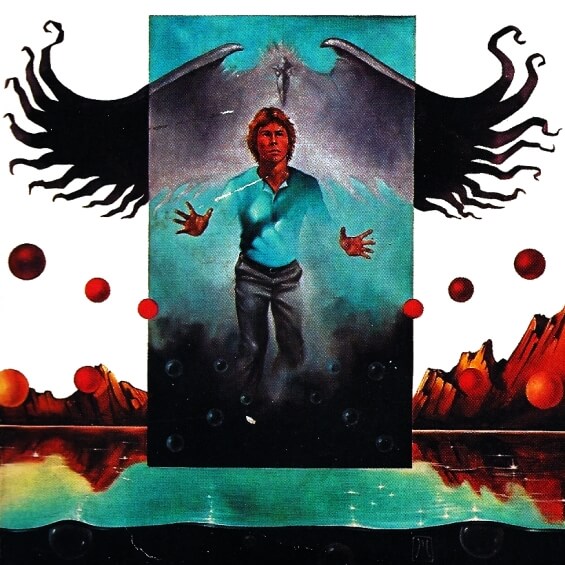
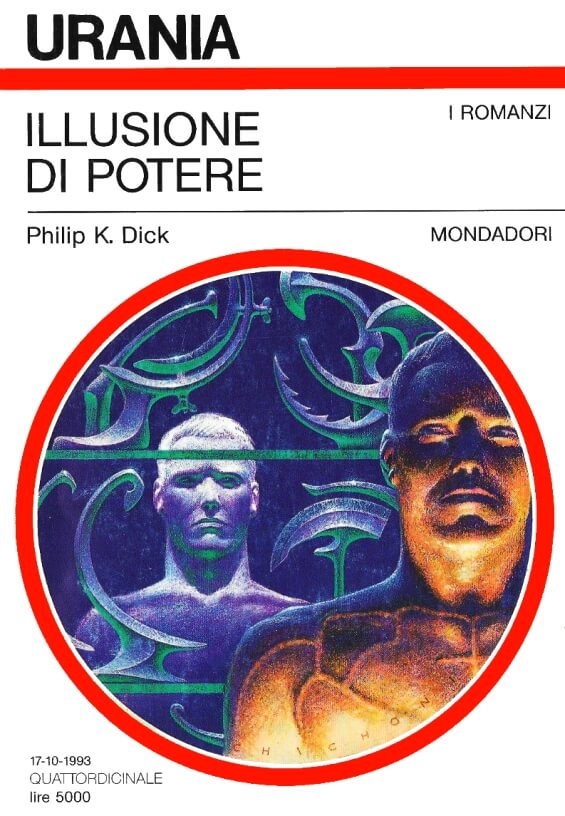
Posted by Jesse Willis













